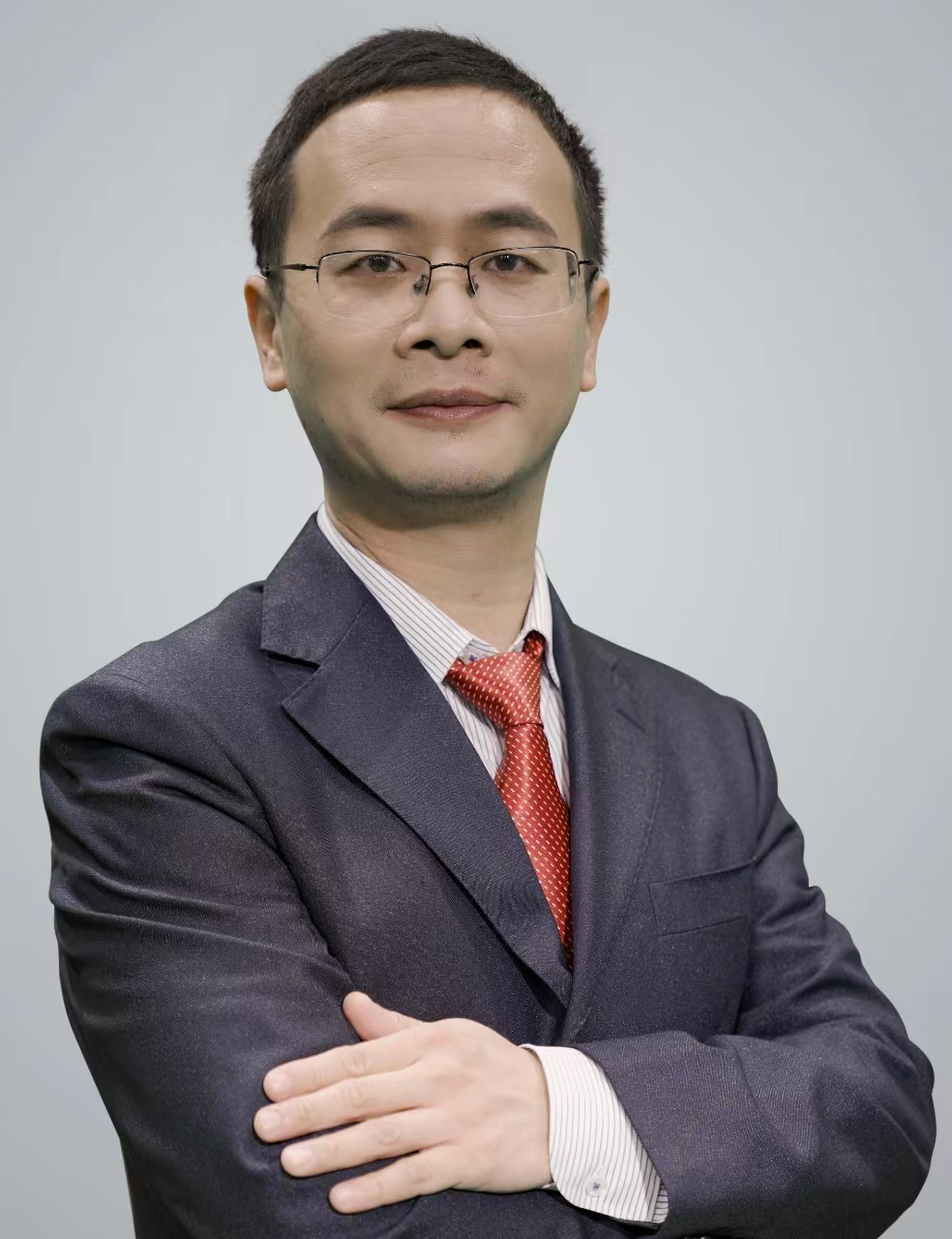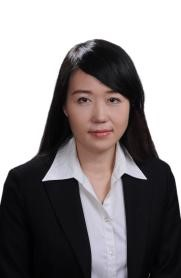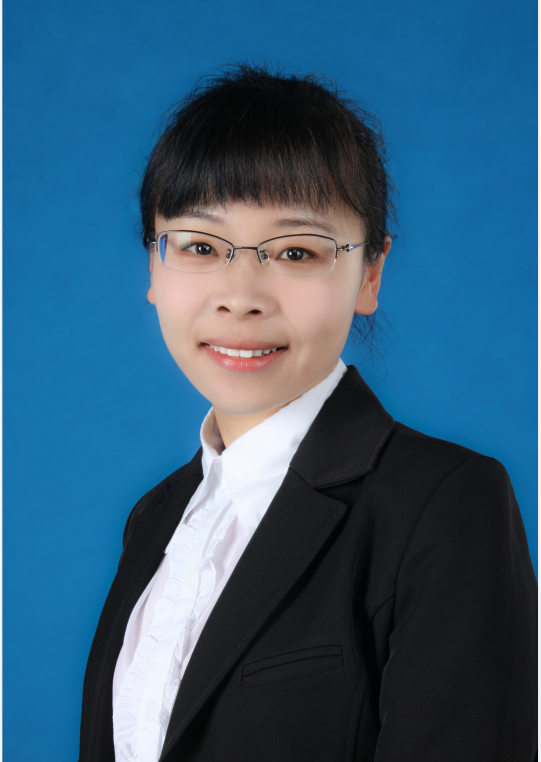Design, Analysis, and Evaluation of Collaborative Learning in the Human-Computer Coordinated Perspective
Chinese and English
The advent of the intelligent era has accelerated the transformation of learning methods. With intelligent technology playing an increasingly diverse role in various forms of learning, Computer-Supported Collaborative Learning (CSCL) will face challenges concerning the attributes of partners, collaboration structures and modes of interaction, as well as methods of generating viewpoints. There is an urgent need in this field to explore how to design more effective learning modes within the human-computer coordinated perspective and how to conduct analysis and evaluation of collaborative learning.
This workshop focuses on "Design, Analysis, and Evaluation of Collaborative Learning in the Human-Computer Coordinated Perspective". We will explore the interactive mechanisms, design methodologies, and assessment approaches of collaborative learning in the human-computer coordinated perspective, aiming to promote research and practices in collaborative learning driven by intelligent technology. The workshop will take the form of small forums(including case sharing), paper presentations, and other activities.
The workshop theme is "Design, Analysis, and Evaluation of Collaborative Learning in the Human-Computer Coordinated Perspective", which includes the following topics but is not limited to:
- Design of collaborative learning activities within the human-computer coordinated perspective
- Development of collaborative learning tools in intelligent learning environments
- Research on the occurrence mechanism of collaborative learning within the human-computer coordinated perspective
- Research on intervention strategies and models of collaborative teaching within the human-computer coordinated perspective
- Analysis of collaborative learning processes and outcomes based on artificial intelligence technology, big data mining, and multimodal analysis
- Development of collaborative assessment and feedback tools based on artificial intelligence technology, big data mining, and multimodal analysis
- Case studies on the design and evaluation of collaborative learning in intelligent environments
You can submit either a short paper of 4 pages or a full paper of 8 pages in English or Chinese. Please ensure that the paper is in WORD format and adheres to the conference paper template(http://gccce2024.swu.edu.cn/index/menu_zh/zhylw.htm).
Papers should be submitted to this email address: tranquilgo@163.com.

Zhiqiang Ma is a professor and doctoral supervisor at Jiangnan University. He is recognized as the Social Science Young Scholar of Jiangsu Province and visited Nanyang Technological University in Singapore as the scholar dispatched by Chinese government. Currently, he is the Deputy Dean of the School of Humanities (School of Education) at Jiangnan University, Deputy Director of the Jiangsu "Internet + Education" Base, and the Head of the Education Technology Discipline at Jiangnan University. He also works as the secretary of the Teaching Guidance Sub-Committee for Higher Education Technology under the Ministry of Education, the expert in the National Basic Education Informatization Typical Cases Working Group, Executive Director of the Learning Science Branch of the China Higher Education Association, member of the Expert Group for the "14th Five-Year Plan" for Education Informatization in Jiangsu Province, the Chair of the Learning Science and Computer-Supported Collaborative Learning Division at the International Conference GCCCE2023, the Chair of the Global Chinese Inquiry Learning Conference Competition Committee, and an external reviewer for more than ten domestic and international journals. Ma focuses on learning science and technology, learning analytics and evaluation. In recent years, he has published over 60 papers in SSCI and CSSCI journals. He has led three projects funded by the National Social Science Fund and six provincial and ministerial-level projects, including the Ministry of Education's Later Stage Funding in Philosophy and Social Sciences. His contributions have earned him four provincial research awards, including the Second Prize for Excellent Achievements in Philosophy and Social Sciences in Jiangsu Province.

Si Zhang is an associate professor in the Faculty of Artificial Intelligence in Education at Central China Normal University. From September 2017 to June 2019, Zhang served as a Research Fellow at the Learning Sciences and Technologies Division, National Institute of Education, Nanyang Technological University, Singapore. During this time, Zhang collaborated with Professor Wenli Chen, focusing on computer-supported collaborative learning research, including designing collaborative learning activities, developing collaborative platforms, and employing intelligent learning analysis technology. In recent years, Zhang has led over ten projects, including National Natural Science Foundation projects, Humanities and Social Sciences projects funded by the Ministry of Education, Provincial Natural Science Foundation projects, and Central China Normal University's Outstanding Young Team projects. Zhang has published numerous papers in significant international and domestic journals, including more than 19 SSCI papers, 8 SCI papers, and over 50 CSSCI journal papers in publications, such as "Computers & Education", "International Journal of Computer-Supported Collaborative Learning", "Information Processing & Management", "IEEE Transactions on Learning Technologies", "British Journal of Educational Technology", "e-Education Research" and "Chinese Educational Technology". Among these, 15 papers are in JCR Q1, 3 papers in Q2, and 4 papers have an impact factor greater than 10. His papers have been cited over 1000 times. Notably, Zhang has authored two monographs, applied for seven invention patents, held three software copyrights, and has been invited to review for over ten authoritative international and domestic journals, such as "Computers & Education", "IEEE Transactions on Learning Technologies", "British Journal of Educational Technology" and " Modern Distance Education Research". Zhang received provincial talent plan funding in 2019 and was recognized as a "Guizi Young Scholar" at Central China Normal University.

Jinju Duan holds a Ph.D. in Educational Technology and completed post-doctoral research in Curriculum and Instruction. Currently, Duan is a professor at the Faculty of Education at Southwest University and serves as a supervisor for graduate students in Educational Technology. Her primary research areas encompass learning design based on innovative technology, social networks and knowledge aggregation and deep learning within the scope of learning science. Duan has led various projects including National Natural Science Foundation projects, both regular and young scholar programs, China Postdoctoral Science Foundation special funding and regular projects, Humanities and Social Sciences projects funded by the Ministry of Education, key projects in Chongqing Education Science Planning and key projects funded by the central universities' research budget. Additionally, she has authored academic monographs, such as "Technology-Enhanced Connected Learning" and "Network Deep Learning in the Perspective of Learning Science: Theory, Technology and Trends", as well as served as the editor for the new form of teaching materials "Modern Educational Technology". Duan has published over 30 papers in authoritative international and domestic journals, such as "British Journal of Educational Technology", "Interactive Learning Environments" and "Journal of Distance Education" which are indexed in SSCI and CSSCI.

Jing Wang is a Fulbright Scholar between China and the United States and serves as a professor and masters' supervisor at Jiangnan University. Wang is a jointly-trained Ph.D. candidate dispatched by the Chinese government to the University of California, Berkeley. Wang also is a member of the Theoretical Research Department Expert Committee of the China Education Equipment Industry Association, Agenda Committee member for Learning Science and Computer-Supported Collaborative Learning Sub-Conference at the international conference GCCCE2023, Youth Committee member of the Information Technology Education Professional Committee of the China Educational Technology Association and a member of the Information Technology Teaching Professional Committee of the Jiangsu Higher Education Informatization Research Association. Additionally, Wang serves as an external reviewer for several CSSCI journals. Wang focuses on learning science and technology, as well as computer-supported collaborative learning(CSCL). And she has led seven research projects, including the National Social Science Fund Education Youth Project and the Ministry of Education's Humanities and Social Sciences Youth Research Projects funded by the Ministry of Education. Additionally, Wang has published one monograph and over thirty papers in SSCI and CSSCI journals. Wang has received 4 research awards, including the Jiangsu Provincial Education Science Research Achievement Award.
- Ning Yang (Professor, Fujian Normal University)
- Haifeng Li (Professor, Xinjiang Normal University)
- Yanli Wang (Professor, Northwest Minzu University)